FLAT 10% OFF ON YOUR FIRST ORDER. USE IVER10
Warf 1 mg Tablet (Warfarin 1 mg)
Price range: $23.00 through $78.00
Warf 1 Tablet is a prescription oral anticoagulant that helps prevent harmful blood clots in veins and arteries, lowering the risk of serious conditions like deep vein thrombosis (DVT), pulmonary embolism, and stroke. The active ingredient, warfarin, works by inhibiting vitamin K-dependent clotting factors, thereby reducing clot formation. It is essential to take Warf 1 exactly as directed by your healthcare provider, maintaining consistent dosing and regular INR blood tests to ensure safety and effectiveness. Avoid foods high in vitamin K and alcohol while using this medication.
- Buy 2 and get Flat 15% Off. Use B2SAVE15
- Buy 3 and get Flat 20% Off. Use B3SAVE20
Warf 1 Tablet (Warfarin) – Oral Anticoagulant for Blood Clot Prevention
Warf 1 Tablet is an effective oral anticoagulant used to prevent harmful blood clots in the legs, lungs, brain, and heart. It is commonly prescribed for conditions like deep vein thrombosis (DVT), pulmonary embolism, and stroke prevention. By inhibiting clot formation, Warf Tablet helps maintain healthy blood circulation and reduces the risk of life-threatening blockages. It should be taken exactly as prescribed by your doctor, at a fixed time, with or without food. Do not stop this medication abruptly without medical advice, as it may increase clotting risks. Regular monitoring of INR levels is recommended for safe and effective treatment.
Uses of Warf 1 Tablet:
- Prevention and treatment of deep vein thrombosis (DVT)
- Management of pulmonary embolism
- Stroke prevention in high-risk patients
- Reduction of harmful blood clots
Benefits of Warf 1 Tablet:
- Prevents life-threatening clots in veins and arteries
- Reduces risk of stroke and heart complications
- Effective long-term anticoagulation therapy
Side Effects of Warf 1 Tablet:
Common side effects: Bleeding (may be severe in some cases).
Rare but serious side effects: Skin necrosis, purple toe syndrome, blood in vomit/urine/stool.
Most side effects are temporary, but consult your doctor if bleeding persists or worsens.
How to Use Warf 1 Tablet?
- Take as directed by your doctor, usually once daily.
- Swallow whole with water—do not crush, chew, or break.
- Take at the same time each day for best results.
- Avoid Vitamin K-rich foods (spinach, broccoli, etc.) as they may reduce effectiveness.
How Warf 1 Tablet Works?
The tablet contains Warfarin, an anticoagulant that blocks vitamin K-dependent clotting factors in the liver. This prevents the formation of new blood clots and stops existing clots from growing larger. It does not dissolve existing clots but helps the body naturally break them down over time.
Safety Advice:
- Alcohol: Unsafe—increases bleeding risk.
- Pregnancy: Highly unsafe—may cause birth defects.
- Breastfeeding: Likely safe, but consult a doctor.
- Driving: Use caution—may cause dizziness.
- Kidney/Liver Disease: Safe with monitoring (dose adjustments may be needed for liver patients).
What If You Missed a Dose?
If you forget a dose, skip it and take the next dose at the regular time. Do not double the dose to compensate.
FAQs:
Q1. Can Warf 1 Tablet increase bleeding risk?
Yes, It increases bleeding risk. Avoid activities that may cause injury and report unusual bruising or bleeding to your doctor immediately.
Q2. What medicines should I avoid while taking Warf 1 Tablet?
Warfarin interacts with many drugs (e.g., antibiotics, NSAIDs, antifungals). Always consult your doctor before taking any new medication.
Q3. When will I feel better after taking Warf 1 Tablet?
You may not feel different, but the medicine is working to prevent clots. Continue taking it as prescribed for full benefits.
| Pack Size | 60 Tablets, 120 Tablets, 240 Tablets |
|---|

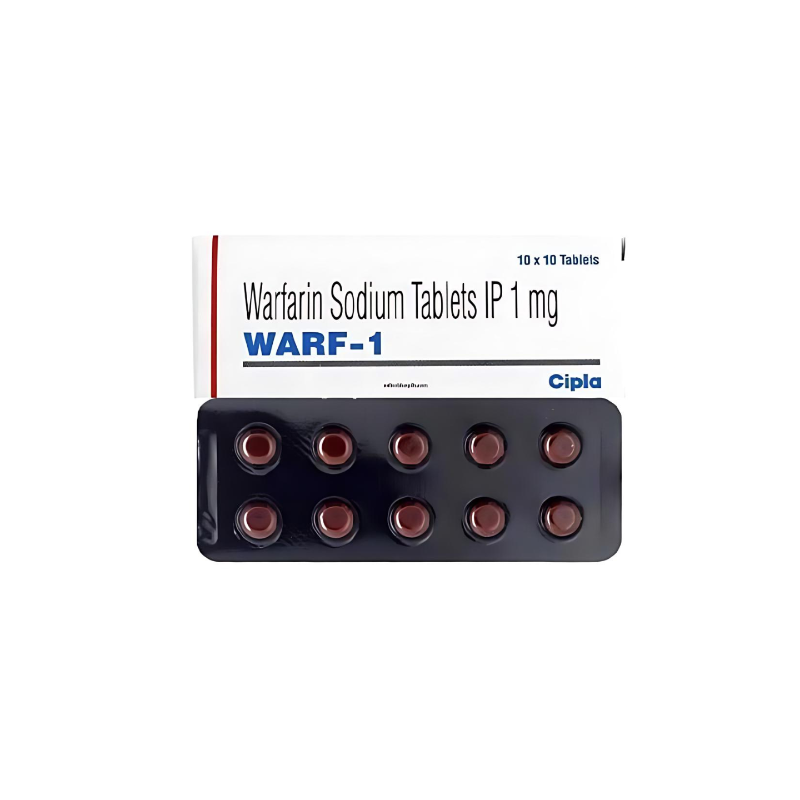
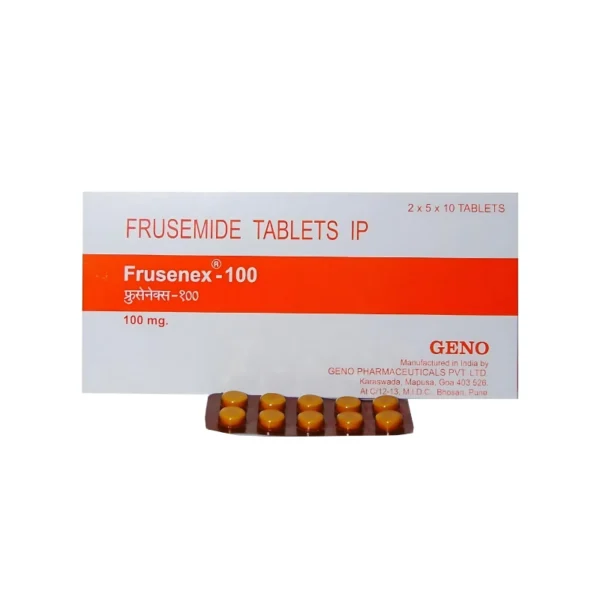
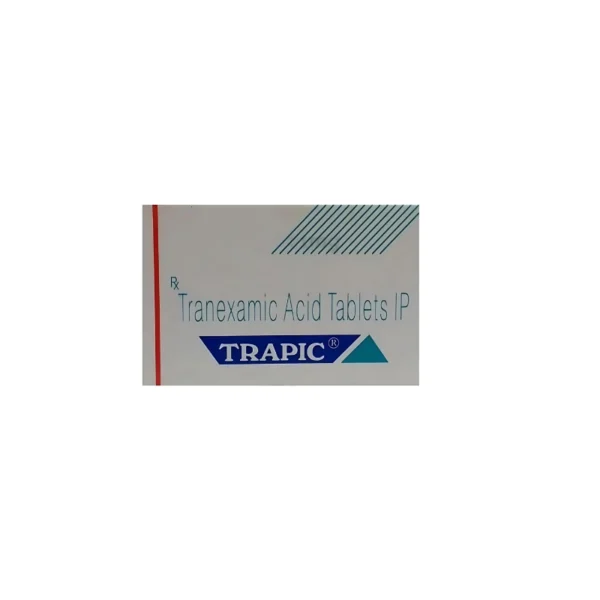
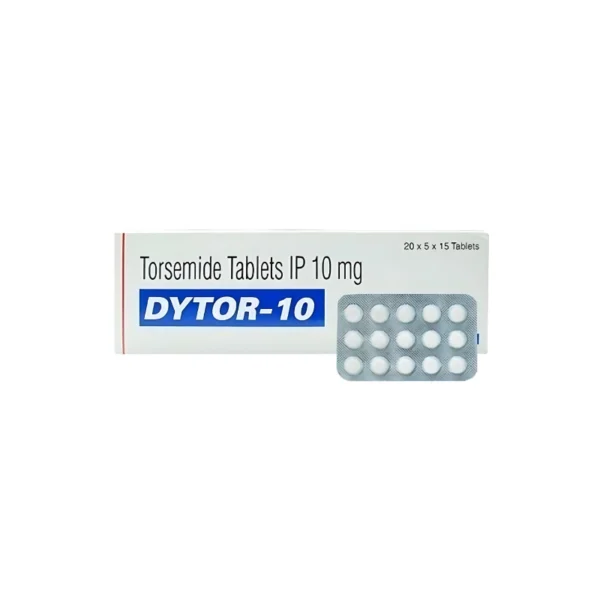
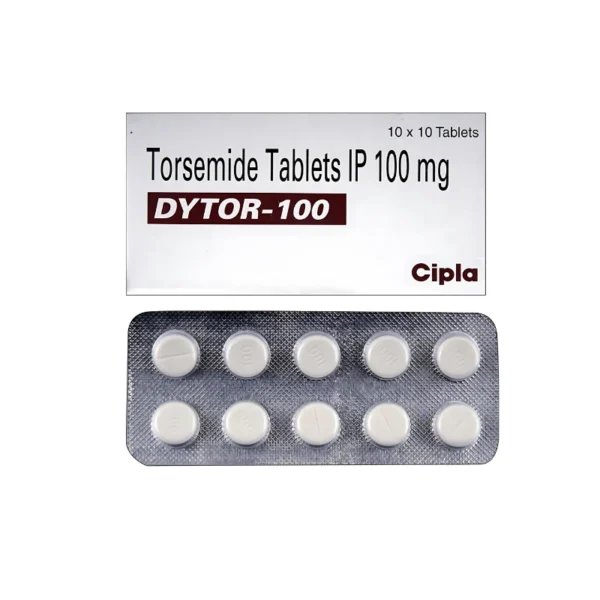

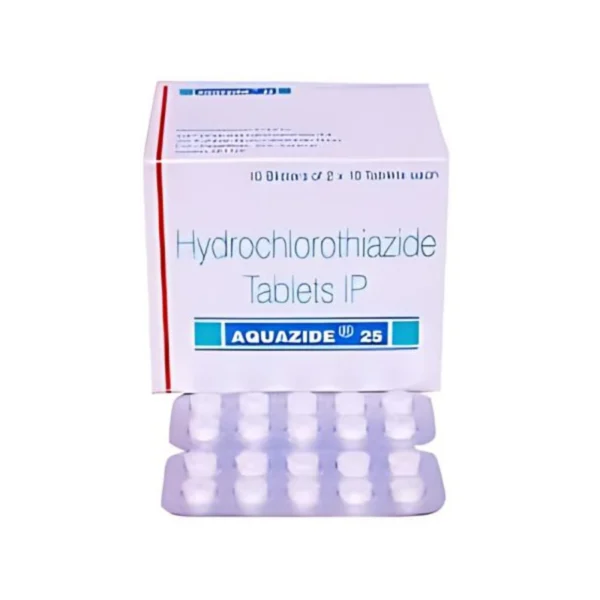
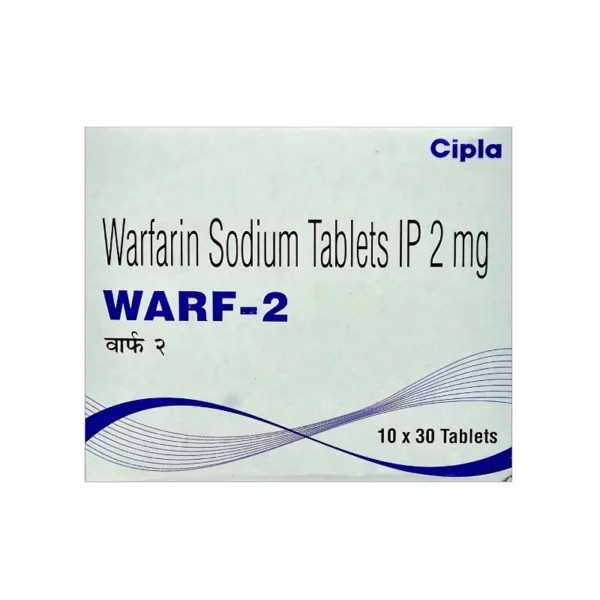
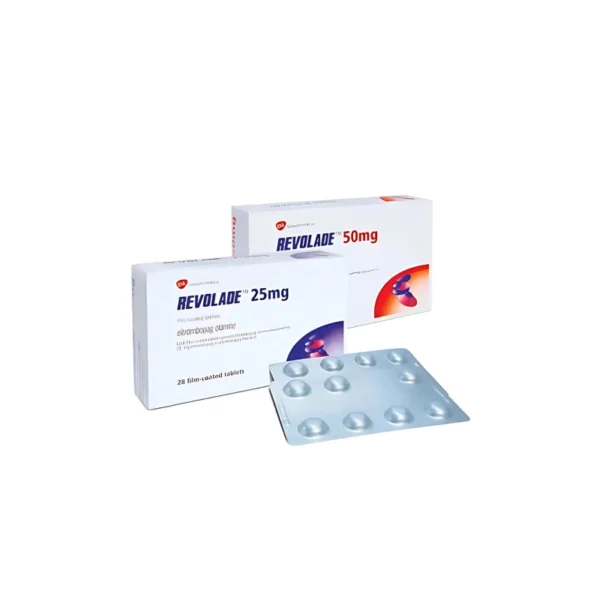
Reviews
There are no reviews yet.